Exported rice products of Vinh Phat Rice Company Limited ( An Giang ). Photo: Vu Sinh/VNA
At the same time, it emphasizes ensuring transparent and healthy rice production, business and export activities, responding flexibly and promptly to fluctuations, towards sustainable and effective development of the rice industry.
Accordingly, the Multilateral Trade Policy Department is responsible for researching and adding rice to the industry research roadmap to be implemented in the 2026 period of the Ecosystem Project to support businesses in taking advantage of free trade agreements (FTAs).
At the same time, promote negotiations with the European Union (EU) and the United Kingdom to amend the list of fragrant rice varieties enjoying tariff quotas under the Vietnam - EU Trade Agreement (EVFTA) and the Vietnam - United Kingdom Free Trade Agreement (UKVFTA), as well as take advantage of additional quotas within the framework of the Comprehensive and Progressive Agreement for Trans- Pacific Partnership (CPTPP) until 2030.
The Foreign Market Development Department is responsible for directing the Vietnamese Trade Office system in foreign countries to promptly grasp and evaluate warnings and changes in rice import policies of the host countries to inform the domestic market, serving the regulation of production, business and export of rice. In addition, reviewing the signing of memorandums of understanding on rice trade, coordinating to propose the content of signing with potential countries and territories to expand export markets.
The Trade Promotion Department is assigned to coordinate with relevant units to promote and introduce Vietnamese rice to domestic and foreign distribution systems. At the same time, consider and arrange funding from the National Trade Promotion Program to implement promotional activities for rice products, combining traditional and online forms. On the other hand, disseminate information, support the Vietnam Food Association and relevant organizations to develop national trade promotion projects, strongly apply technology, digital transformation to maintain and consolidate traditional markets and exploit new markets.
The Import-Export Department continues to preside over the implementation of tasks in the "Strategy for developing Vietnam's rice export market to 2030" approved by the Prime Minister . At the same time, this agency coordinates with units to develop a decree to replace Decree 107/2018/ND-CP regulating business conditions and certificates of eligibility for rice export business and Decree 01/2025/ND-CP on amending and supplementing a number of articles of Decree 107/2018/ND-CP under the direction of the Government and the Prime Minister.
In addition, closely monitor the developments of the world rice market and policy movements of countries to promptly report and inform industries, associations and traders, ensuring appropriate and effective export activities. At the same time, coordinate trade promotion activities, focusing on exploiting high-demand markets such as the EU, Korea, the United States, North America... thereby diversifying the market, gradually reducing dependence on traditional importing countries.
The Department of Domestic Market Management and Development is responsible for closely monitoring developments and directing localities to promptly propose measures to promote rice consumption, avoiding price pressure and unfair competition. At the same time, continue to implement the program of bringing rice into the domestic wholesale and retail system, associated with the Campaign "Vietnamese people prioritize using Vietnamese goods". In particular, market inspection and control are also strengthened to prevent acts of commercial fraud, smuggling, production and trading of poor quality rice, and protect consumer rights.
The National Competition Commission and the Trade Defense Department will coordinate with relevant agencies to strictly control rice production, trading and export activities in accordance with the provisions of the law on competition and trade defense. At the same time, the Legal Department will continue to coordinate with the Import-Export Department in the process of developing a Decree to replace Decree 107/2018/ND-CP and 01/2025/ND-CP, ensuring a legal framework for rice export in line with the new situation.
The Industry and Trade Newspaper, in coordination with the Import-Export Department and the Foreign Market Development Department, promotes propaganda and provides accurate and timely information on rice production, consumption and export, contributing to orienting public opinion and avoiding unverified information that is detrimental to export activities and trade negotiations.
The dispatch also assigned the Department of Industry and Trade of localities to closely monitor the market situation, coordinate with the Department of Agriculture and Environment and relevant agencies to organize production according to demand, guide farmers to use high-quality rice varieties, and support businesses in purchasing and transporting to ensure the quality of commercial rice.
The Vietnam Food Association and the Vietnam Rice Industry Association are required to thoroughly inform their members about strictly implementing policies and complying with the regulations of importing countries, avoiding incidents that affect the national reputation. At the same time, the Association must maintain and update information on supply and demand, prices, and the domestic and international rice export situation to support members, implement trade promotion projects, promote products, and support appropriate market access.
In particular, the dispatch emphasizes the responsibility of rice export traders in complying with regulations on purchasing, quality assurance, circulation reserves, reporting and market development. Enterprises need to proactively purchase, temporarily store, and be ready to supply according to contracts; at the same time, closely monitor the world rice trade to adjust business plans accordingly, both exploiting traditional markets and seeking new markets in Africa, the Middle East, South Asia, etc.
The telegram requires businesses to improve production and business capacity, focus on human resource training, foster negotiation skills, sign contracts, and handle disputes. In addition, focus on maintaining product quality, meeting the standards of importing countries, attach importance to building and promoting the Vietnamese rice brand in the international market, diversifying product types and niche markets.
Uyen Huong (Vietnam News Agency)
Source: https://baocantho.com.vn/tang-giai-phap-thuc-day-san-xuat-xuat-khau-on-dinh-thi-truong-gao-a191231.html


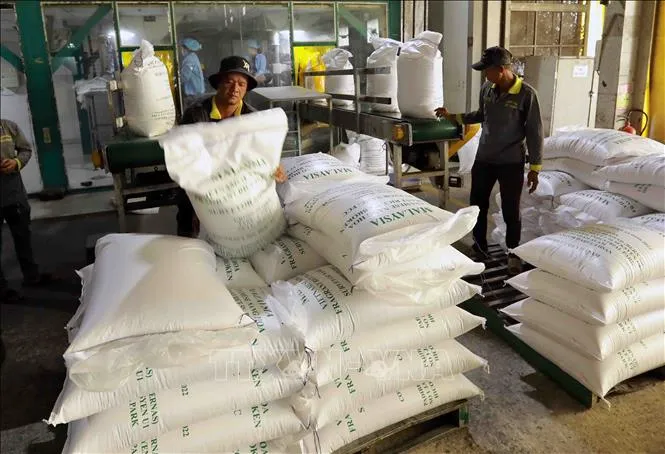





![[Photo] Prime Minister Pham Minh Chinh attends the groundbreaking ceremony of two key projects in Hai Phong city](https://vphoto.vietnam.vn/thumb/1200x675/vietnam/resource/IMAGE/2025/9/27/6adba56d5d94403093a074ac6496ec9d)


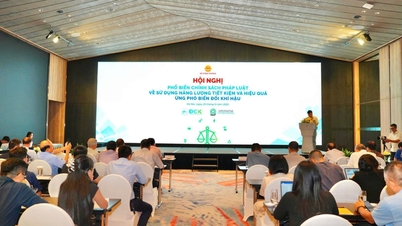


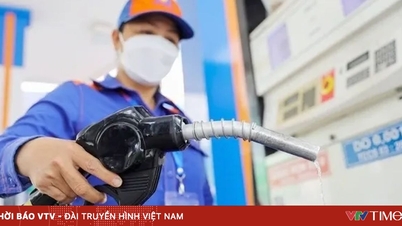

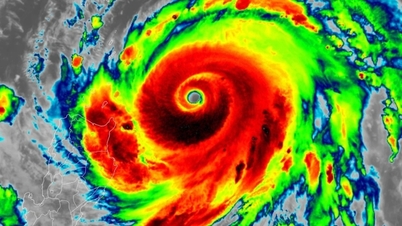



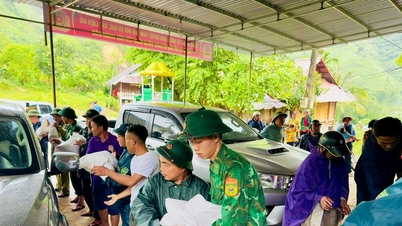



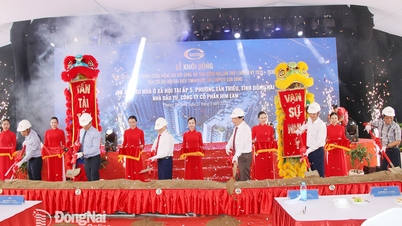











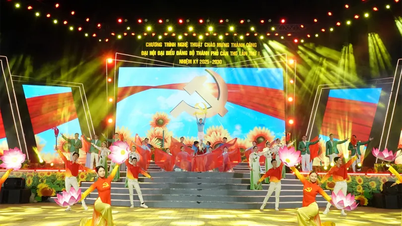

























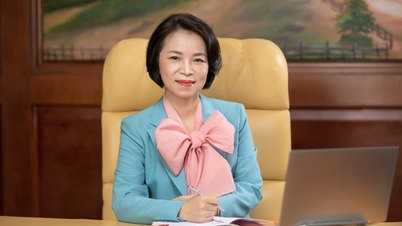









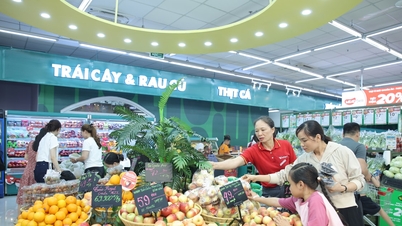
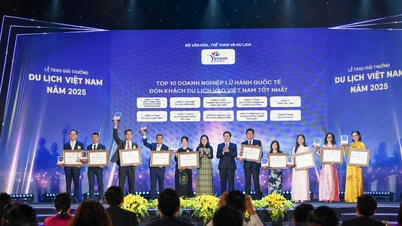

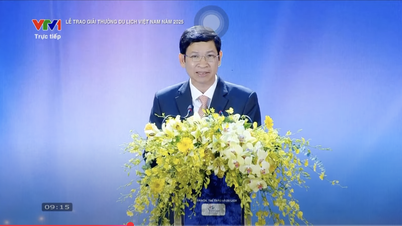













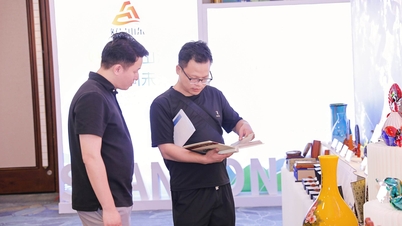





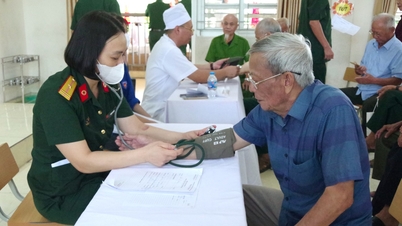








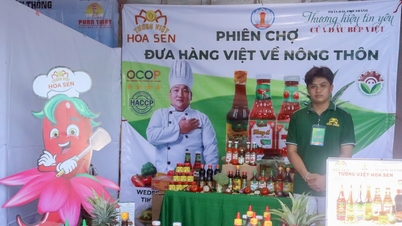






Comment (0)